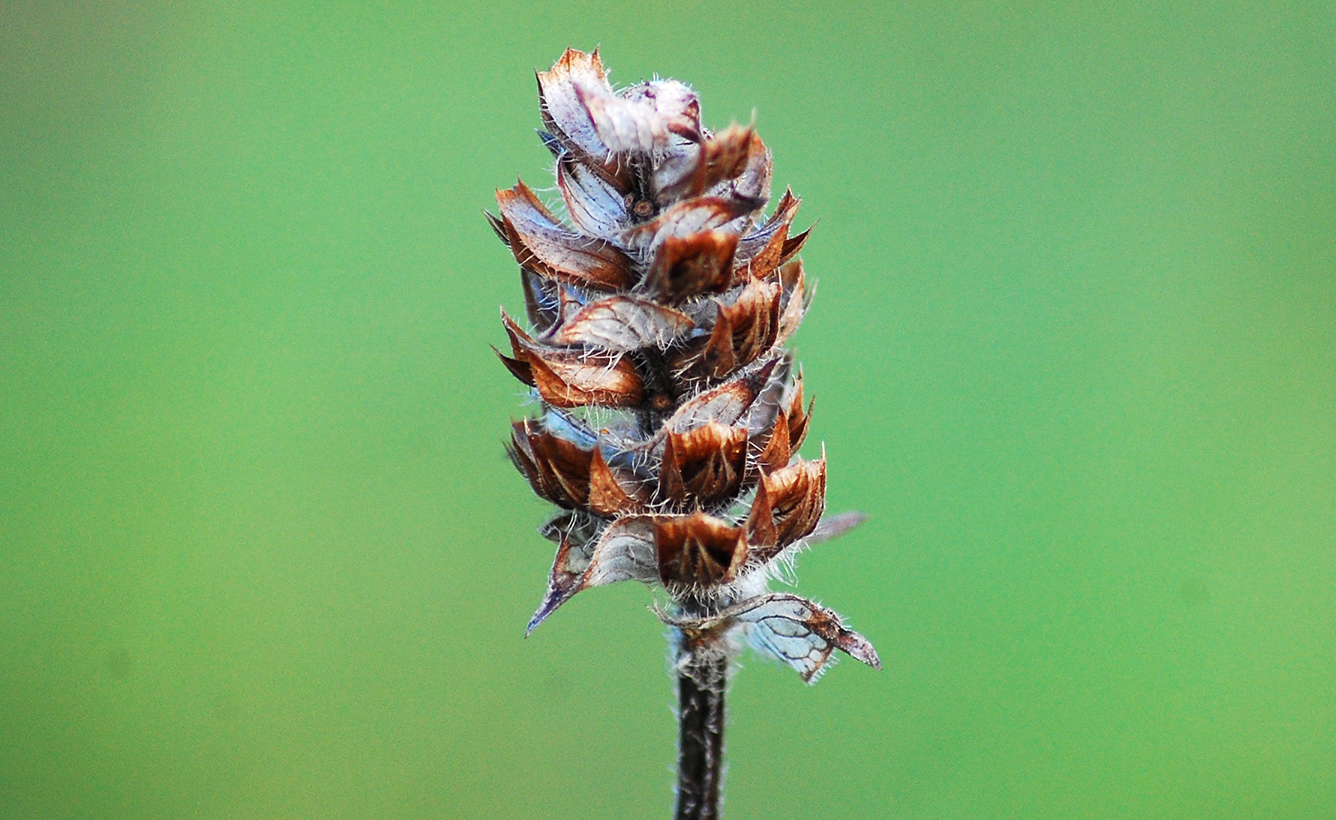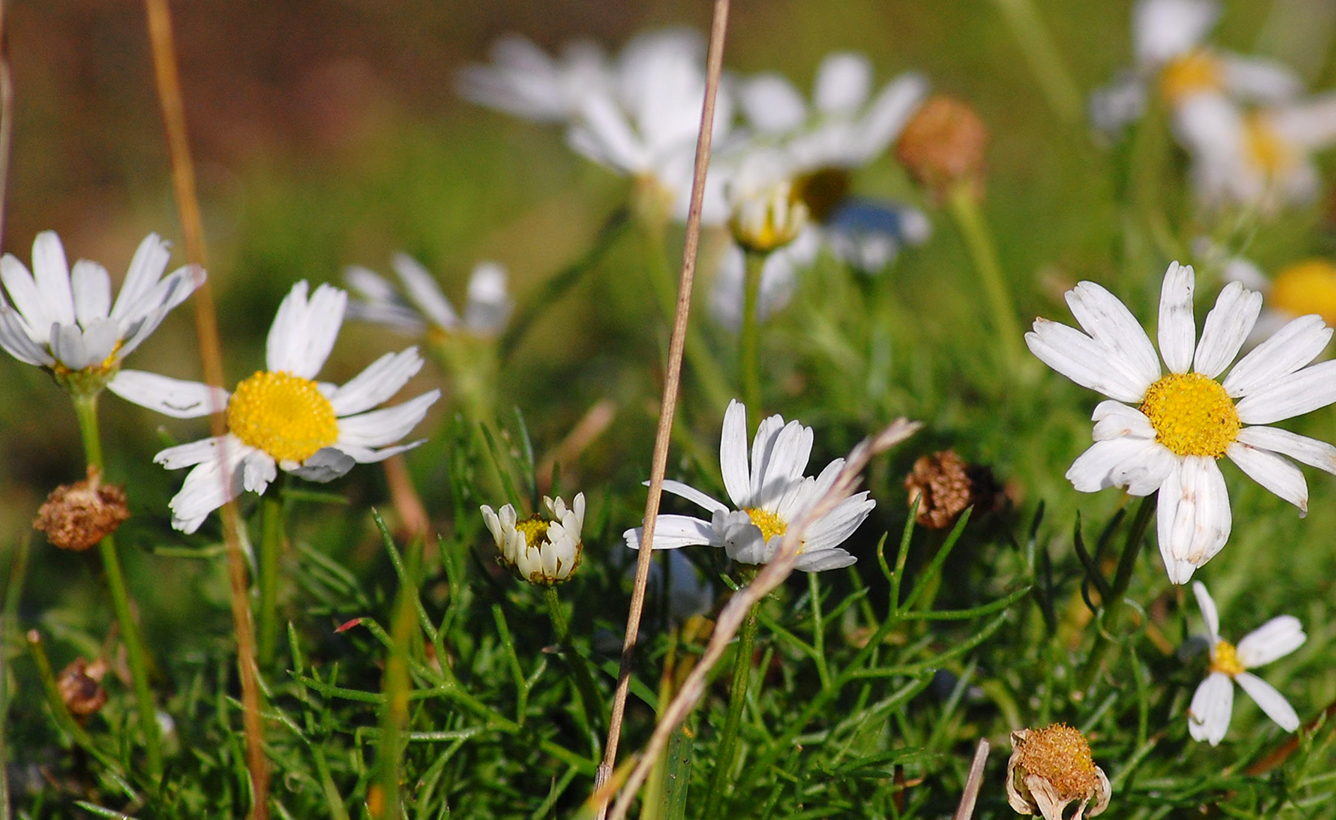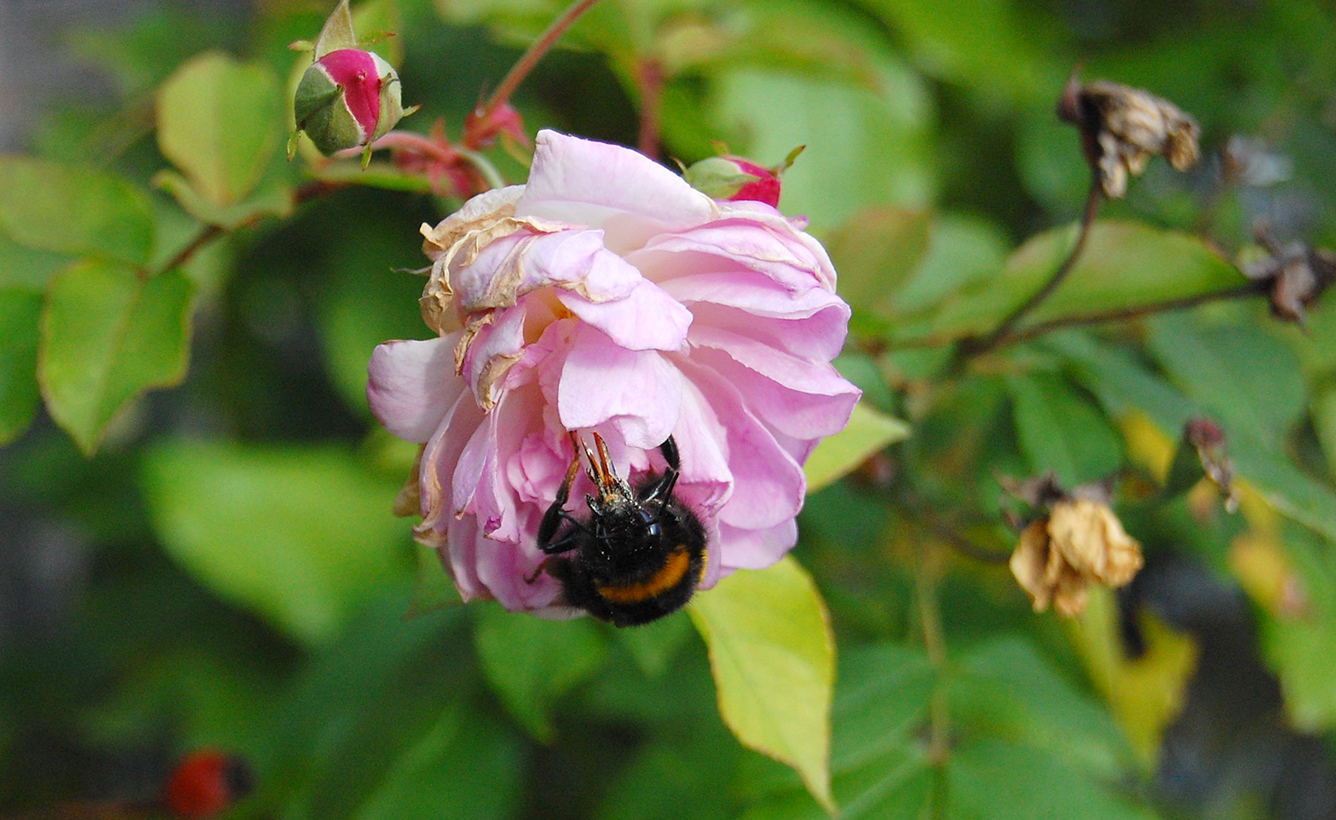The Veg Patch Project December Edition

Organic farming practices put the planet first, creating healthy soil that’s a haven for wildlife and plants. Our green-thumbed Ed has been tending to his patch of organic land here at Veg HQ for a few months now. Let’s find out how he’s been getting on as the weather takes a turn.

While the veg patch has yet to feel its first real cold snap, the drop in temperatures and incessant drizzle has given everything the urge to hunker down and save energy. Thanks to its relatively sheltered position, our organic gardening patch is still harbouring a few of this year’s longer-lived critters, like queen bees, ladybirds, moths and more, all looking for a spot to hibernate. Talking to our organic farmers about their winter veg care, it turns out there’s a benefit to keeping a few of them around…
Organic farmers aren’t able to employ the heavy, sustained spraying of cocktails of chemicals, turning to the strengths of biodiversity instead. Our farmers are a dab hand at employing what nature has to offer, and when pests strike one of the best defences they employ are natural predators – aphids are fought using ladybirds, caterpillars with wasps, slugs with nematodes. While it’s possible to introduce these predators to the veg patch when pests are first detected, some of our farmers are already one step ahead, setting up a suitable home for the previous year’s insects to take up winter residence. By keeping biodiversity safe over the winter, their pest control is already sitting on their land, and they’ll have an appetite when they wake up.

We noticed a few beneficial insects taking up shelter among the remaining stalks and seed heads, so we’re leaving things a bit untidy for them, but we’ve also got some of the same hardier vegetation that our farmers use to encourage their natural pest control. Growing smooth-stems with hairier plants, and evergreen herbs with hardy flowers makes sure there’s a microclimate for everyone, and we’ve got a mix of rosemary, calendula, phoenix grass, sage, and buckwheat on the go. Maintaining this cover over the winter also has the benefit of keeping the soil ecosystem alive as well, ready to spring into action next year.
Feeling inspired? Check out our collection of organic plants and flowers.


